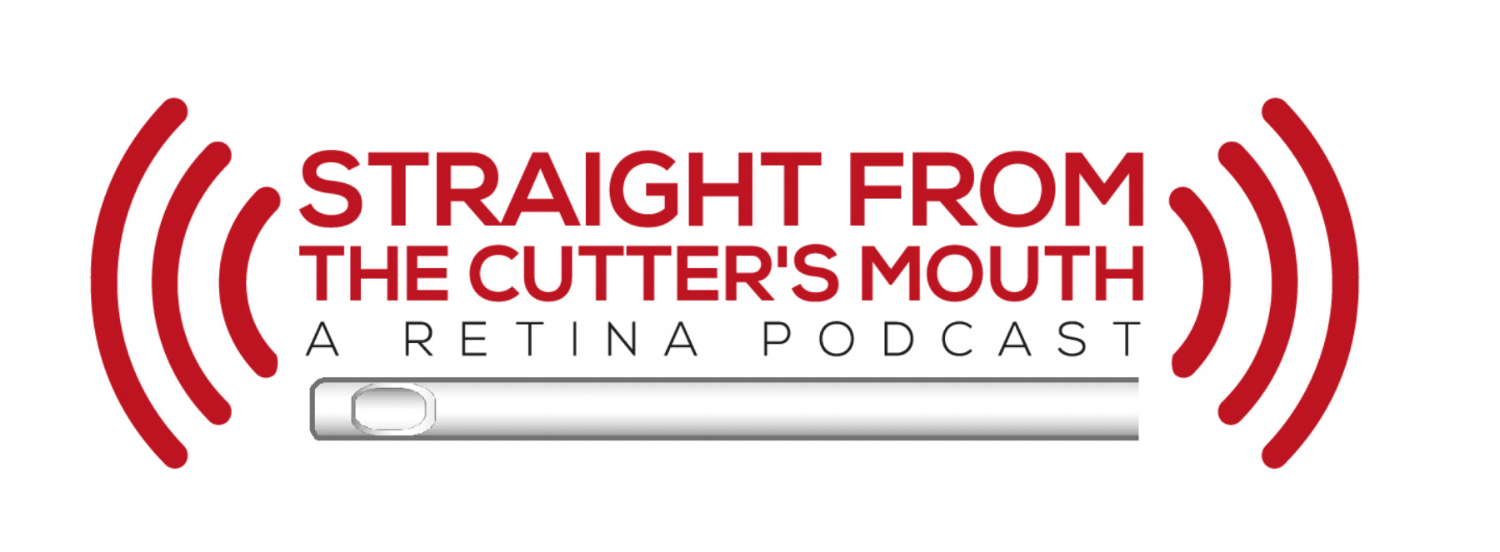Paging Dr. Ping Pong
Thursday is one of my favorite days. Thursday is ping pong club. 5 to 8PM, sometimes later if we're finishing a close match. My alarm rings before dawn, and I drowsily get ready for the day. Planning ahead, I wear my gym clothes underneath my shirt and white coat so I won't have to change later. I'm on long call today, so in the best case scenario, I'll be only an hour late. I'm fine with that. I'll take any opportunity to play.
I'm one of the few lucky interns who started on an inpatient hospital service. This month, I've gone through a lot of 'firsts.' Admitting my first patient, discharging my first patient, and then having my first patient come back to be readmitted (I might have discharged her a little prematurely).
I never completely appreciated in medical school how difficult the practice of medicine is in real life. It's an art and science filled with so much uncertainty. I never feel like I have enough time. I need more time to examine the patient, more time to think through the plan, and more time to SLEEP. It's impossible to be a perfectionist; there's just so much to do. More orders to enter, more notes to write, more consults to call. The sense of urgency makes even small moments of idleness feel like time being wasted.
And it just gets worse. Once I could manage 4 patients, my cap increased to 5, then 6, and now 7. Senior residents carry 16 patients at once. Attending physicians don't even have a cap; they just carry as many patients as possible. Of course we'll get better with time, but no matter how much we improve, we'll never have more than 24 hours in a day.
Spending time with patients is the most fundamental aspect of being a physician. There's no better feeling then to have the ability and opportunity to provide hope to those in need. Yet this aspect of medicine is often the first to be sacrificed. Unfortunately, physicians in hospitals don't get reimbursed for extra time spent with patients. They're paid for diagnoses made and procedures performed.
At my first feedback session, my attending criticized me for spending too long taking patient histories. He explained that down the line, I'll never have more than 10 minutes with each patient , and it would be better to get into the habit now. But it's not that I can't be more efficient, it's that I choose not to. Being efficient just means asking fewer questions and cutting off the patient more often. We save time by being less thorough.
It's 7PM, and I'm I'm still wrapping up my last few progress notes. Just as I finish and start to pack up, my phone rings - it's a nurse from the second floor. The husband of one of my patients is here. He and his wife have a few questions.
I'll make it to ping pong next week.
- Written by Louie Cai, a new intern at a community hospital in Florida

